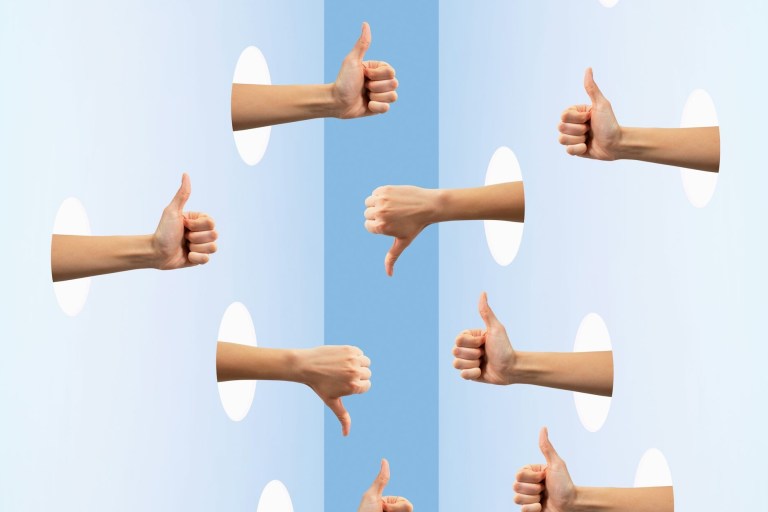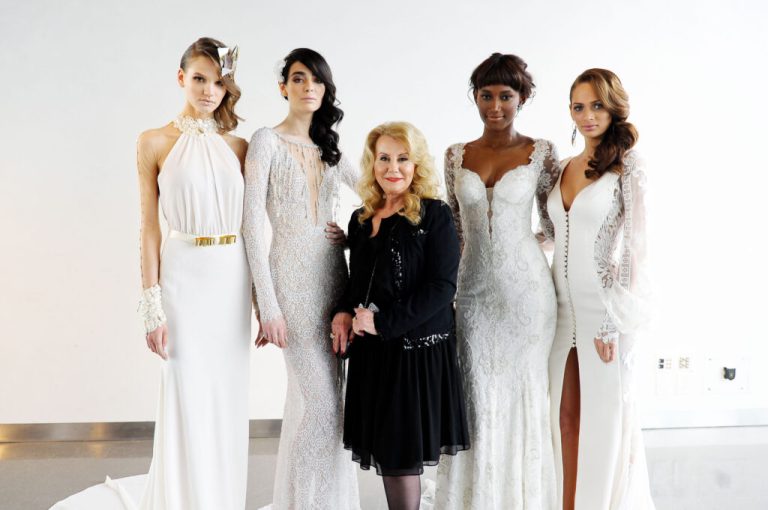This article was originally written by Stephen Beech for SWNS — the U.K.’s largest independent news agency, providing globally relevant original, verified, and engaging content to the world’s leading media outlets.
The coolest person you know would probably be just as popular in Japan as they would be in Nicaragua or Austria. That’s because while hip folks may seem to have a certain “je ne sais quoi,” there are some specific attributes associated with being cool — and they’re surprisingly similar across different cultures around the world, recent research suggests.
Publishing their findings in the Journal of Experimental Psychology, scientists conducted experiments involving nearly 6,000 participants from 12 countries and found that “cool” people were universally perceived to be more extroverted, hedonistic, powerful, adventurous, open, and autonomous.
“Everyone wants to be cool, or at least avoid the stigma of being uncool, and society needs cool people because they challenge norms, inspire change, and advance culture,” study co-author Todd Pezzuti, a professor of marketing at Chile’s Universidad Adolfo Ibáñez, said in a news release.

The study was conducted over a four-year span in the United States, Australia, Chile, China, Germany, India, Mexico, Nigeria, Spain, South Africa, South Korea, and Turkey. Participants were asked to think of people they thought were cool, not cool, good, or not good. They then rated each person’s personality and values, and the researchers used the data to investigate the differences between cool people and uncool people, and between cool people and good people.
They determined that those who were deemed good people were generally perceived as more conforming, traditional, secure, warm, agreeable, universalistic, conscientious, and calm.
And while cool people and good people are different, they do have some traits in common, per co-author Caleb Warren, a marketing professor at the University of Arizona in Tucson.
“To be seen as cool, someone usually needs to be somewhat likable or admirable, which makes them similar to good people,” he explained. “However, cool people often have other traits that aren’t necessarily considered ‘good’ in a moral sense, like being hedonistic and powerful.”
The authors also pointed out that being “cool” was once more associated with counterculture, but as the reach of fashion, music, and movies — as well as advertising in other industries (for example, tech and food/beverages) — has extended, the concept has become more commercial.

That said, cool is still cool, according to the authors. “Coolness has definitely evolved over time, but I don’t think it has lost its edge,” said Pezzuti. “It’s just become more functional.”
In the study, the researchers concluded that “the fact that cool people are seen as having a similar attribute profile around the world, and that these attributes are distinctly cool rather than good in general, makes a strong case that coolness is a meaningful construct that can help explain how people understand, order, and structure their social world.” And that construct may only become more important over time.
Pezzuti added: “As society moves faster and puts more value on creativity and change, cool people are more essential than ever.”












